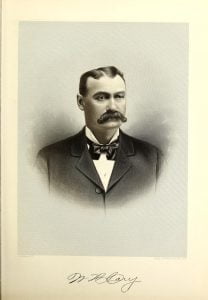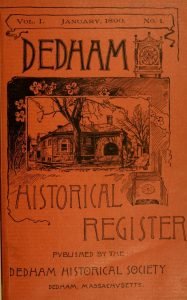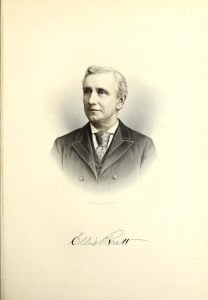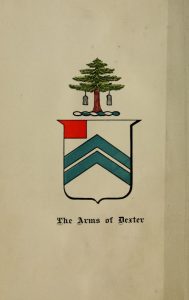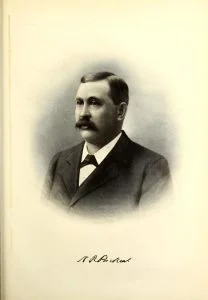Ancestry of William Hartley Cary of Brockton, Massachusetts
William Hartley Cary was a prominent and respected citizen and business man of the city of Brockton, where his death occurred Dec. 9, 1899. As a citizen he enjoyed the esteem of the entire community, in which industrial center he had for nearly a quarter of a century been an influential and successful factor in the development of its business interests. Mr. Cary was born Jan. 10, 1852, in Charleston, Maine, son of William Harrison and Abigail (Ingles) Cary. His parents were both natives of Maine, although his earlier paternal ancestors were among the early settlers of North Bridgewater (now Brockton). A record of that branch of the Cary family through which Mr. Cary descended, which has been traced in direct line back in England to the year 1170, follows.

